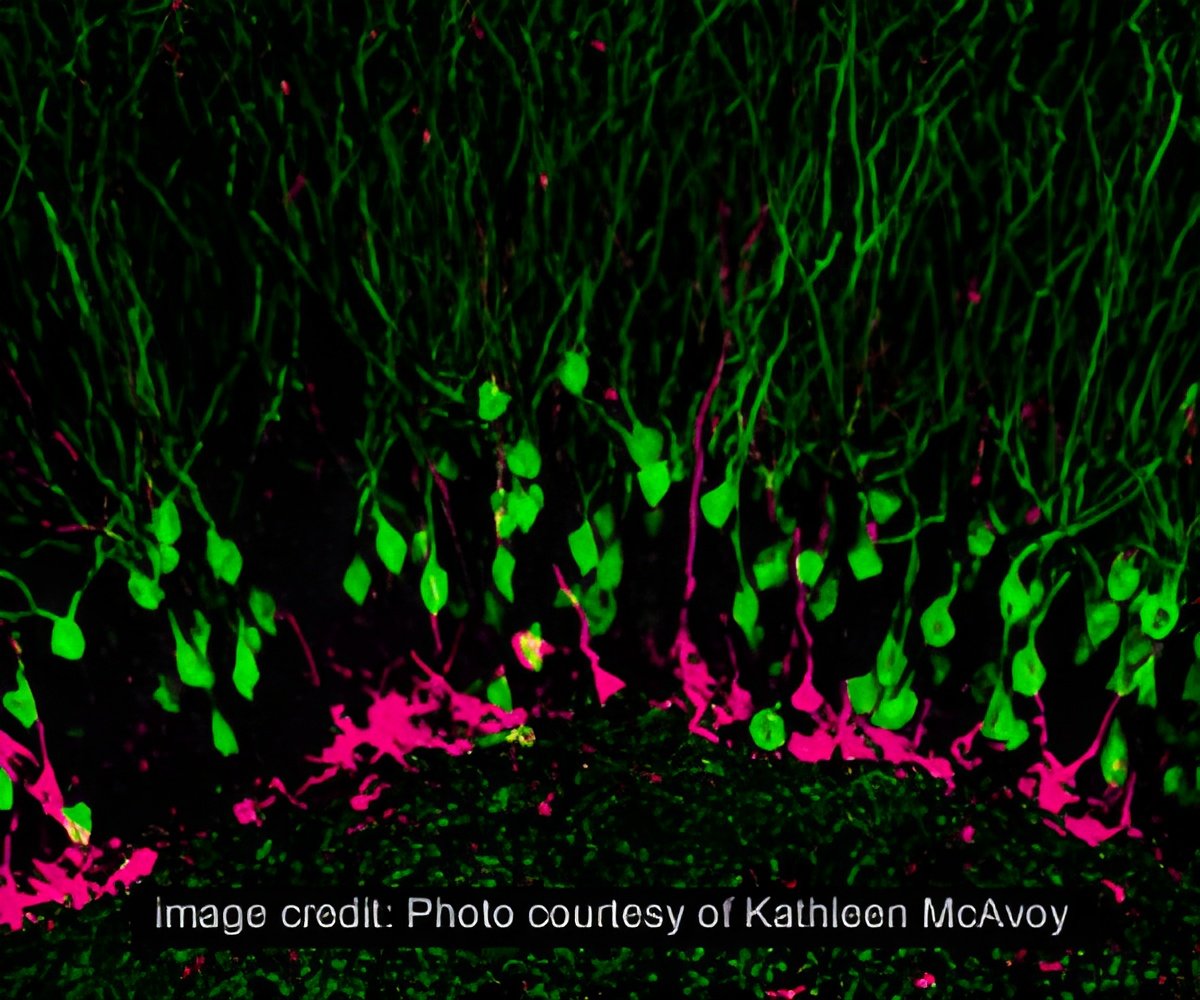Have you ever pondered why it might be so difficult to recall the finer aspects of former experiences? Here is the solution.

‘Have you ever wondered why it could be so challenging to remember the more pleasant details of past experiences? Here is the answer.’





"Memories of recent experiences are rich in incidental detail but, with time, the brain is thought to extract important information that is common across various past experiences," said senior author Kaori Takehara-Nishiuchi from the University of Toronto. "We predicted that groups of neurons in the mPFC build representations of this information over the period when long-term memory consolidation is known to take place and that this information has a larger representation in the brain than the smaller details," Takehara-Nishiuchi added. The researchers conducted a study of two different memories with overlapping associative features and how these codes change over time on rats. The rats were then given two experiences with an interval between each: one involving a light and tone stimulus and the other involving a physical stimulus. This gave them two memories that shared a common stimulus relationship. The scientists then tracked the neuron activity in the animals’ brains from the first day of learning to four weeks following their experiences.
"This experiment revealed that groups of neurons in the mPFC initially encode both the unique and shared features of the stimuli in a similar way," said first study author Mark Morrissey. "However, over the course of a month, the coding becomes more sensitive to the shared features and less sensitive to the unique features, which become lost," Morrissey explained. Further experiments also revealed that the brain can adapt the general knowledge gained from multiple experiences immediately to a new situation.
Source-Medindia













